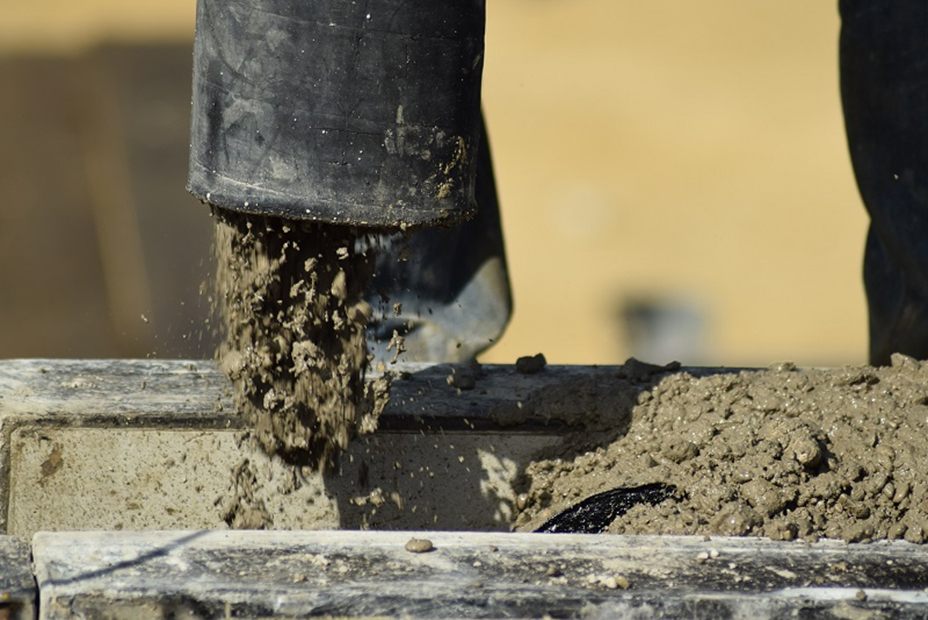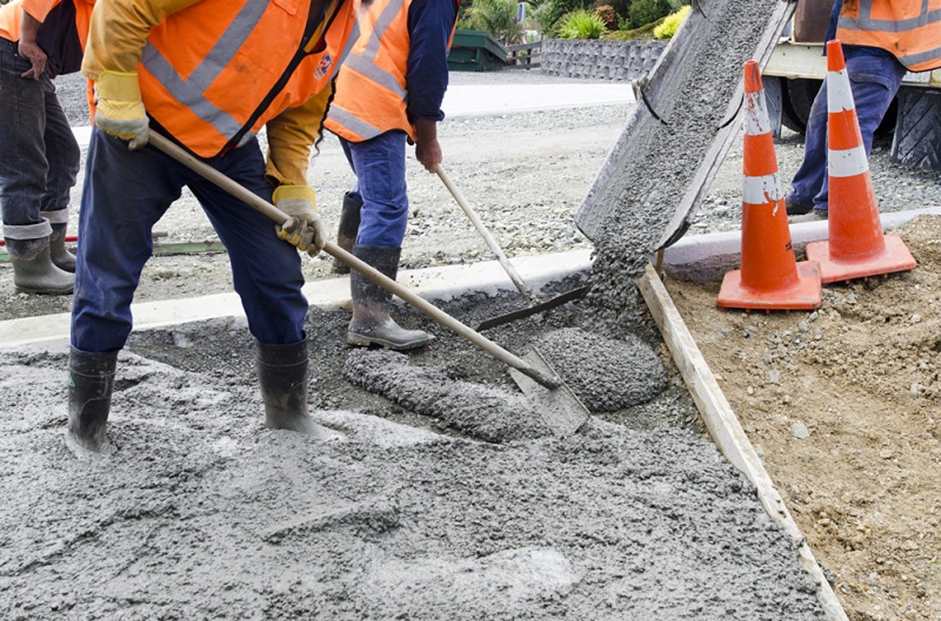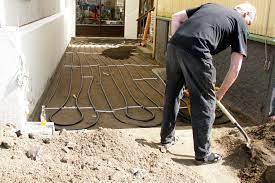
There are many advantages of using concrete. For example, you can cast concrete in any shapes, and concrete is affordable than any other construction materials. For any construction concrete use is mandatory. The stability and protection that the concretes provide is not possible through other materials, it may be wood or any metal. You can design different parts of your project with concrete offsite and install them on your project site. Apart from that, it is fire and water resistant. Although, concrete can provide excellent durability and it can last for years. You do not need to spend a huge maintenance cost on your concrete slabs and floors.
But concrete is porous in nature, and they can accumulate dust and moisture over time. It can develop some cracks and holes on your concrete pathways, floors, walls, and ceiling, and you need to seal such areas with sealant.
What Are The Benefits Of Using Concrete?
Concrete can last longer, and your home made with concrete can last for years. Concrete cannot get affected by rust, fire and water, and your home will be same in storm and heavy rains. There will be no structural damages and your property will not get affected by seismic activities. So, if you want to build your home stronger then you must use this material.

- In modern construction apart from steel one of the major constructions is concretes. It is the proportionate blend of materials that changes with the kind of construction. Wood and mud are replaced by the strong houses made of steel and cement. Repairing cost of your home can be increased if you use glass, stones, or wood for your home construction. Even, you can use steel for your home construction, and you will need to paint your steel structure every year to keep it rust free. You can avoid such hassles by using concrete for your home construction. If you find any cracks or damages on your concrete floor or walls, then you can easily seal such cracks with readymade sealant, and you do not need to spend a huge maintenance cost.
- The material such as cement and stone chips makes the composition energy efficient and eco-friendly material. You can save your power consumption cost if you use concrete for your home construction. Concrete can insulate your property and block the heat during summer, and you can keep your rooms cool without switching on your air conditioning system. On the other part, concrete walls and ceiling can block the cool breeze in winter and it can keep your rooms warm. You can save up to 85% energy consumption cost by using concrete for your home construction.
- It is a versatile material that can be used on any surface. You can create different shapes, textures, and forms to bring in innovation. There are some advanced forms of concrete available in the market such as photocatalytic concrete, ultra-high-performance concrete, and pervious concrete. Apart from that, you can use polished concrete for your floor and exterior walls and driveways.
- The composition varies depending on the type of uses. The stability and strength changes with the proportion of mixing materials.
It is true that you can save your cost by using wood and steel for your home construction because they are cheaper than concrete. But you must spend a recurrent maintenance cost on these materials, which will drag more amounts in future. Apart from that, wooden houses can increase 25% power consumption cost. So, if you want to save your recurrent cost then concrete is the best option for your home construction project.







